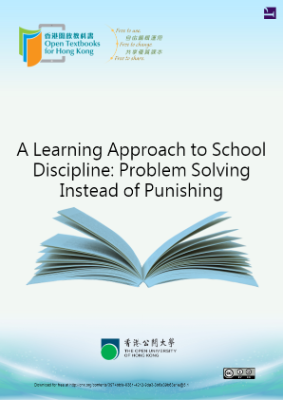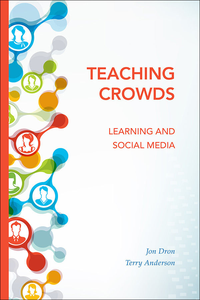Schools and colleges around the world must be culturally competent in order to prepare students to succeed in an increasingly diverse and globally interconnected environment. Generally defined, culturally competent educational organizations value diversity in both theory and practice and make teaching and learning relevant and meaningful to students of various cultures (Klotz, 2006). Educational leaders must be equipped with the necessary tools to assess how well policies, programs, and practices align with the needs of diverse groups and prepare people to interact globally. The “culture audit” is a valuable organizational assessment tool to guide strategic planning for diversity and global competence. Potential domains of focus and data collection strategies for schools and colleges are illustrated here. Cultural competence assessment strategies could be included in graduate educational leadership programs to better prepare educational administrators to effectively manage diverse schools and colleges.
What is a “Culture Audit?”
Researchers agree that school culture is an important, yet often overlooked, component of school improvement (Freiberg, 1998; Peterson & Deal, 1998). Wagner and Madsen-Copas (2002) stress the value of culture audits in determining the quality and health of school cultures and recommends using a five step auditing process that includes: interviews, observations, surveys, checklists, and presentations to community stakeholders.
The concept of school culture is further complicated by the multiplicity of racial/ ethnic cultures that are typically represented in schools and colleges. For this reason, organizational culture assessments are essential to ensuring the development of cultural competence in schools (Lindsey, Robins, & Terrell, 2003). Culture audits examine how diverse cultural perspectives are reflected in the values and behaviors manifested in the overall school culture (National Center for Cultural Competence, 2005).
Just as a financial audit reveals strengths and gaps in financial procedures and practices to inform strategic plans for financial improvement, a culture audit focuses on how well an organization incorporates perspectives of diverse groups to inform comprehensive school improvement.











